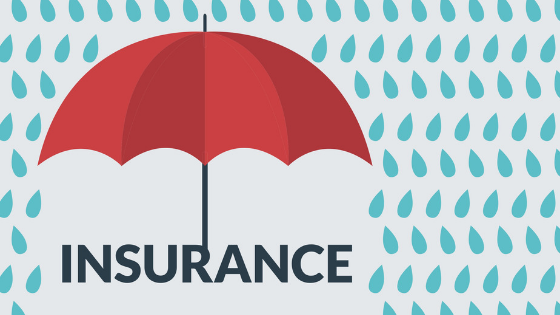Often referred to as “excess liability insurance”, umbrella insurance is a form of liability that can supplement basic liability policies—i.e. auto, home, or renters.
Similarly, to an umbrella, an umbrella insurance policy just covers a little more. These policies can protect your assets in the event that you are liable for any sort of damages or injuries.
If a lawsuit is filed against you, umbrella insurance can pay for damages that you are responsible for. Umbrella Insurance can protect you from personal injury and property damage liability claims. They may also cover things like legal fees, false arrest, slander, and more.
How does Umbrella Insurance Work?
In the event that you are legally liable for any damages and need to pay—your umbrella insurance will cover it. After your exhausted your basic liability coverage, umbrella coverage will cover more. A claim made against your will be paid to the amount of your coverage. An umbrella policy will provide more coverage—and pay more, leaving less (if any) for you to pay out of pocket. With umbrella policies, you’ll have a little extra protection for you and your assets.
Why is Umbrella Insurance Important?
An umbrella policy will provide extra protection, mainly for your assets. When it comes to insurance cover, the more you have the safer you are. It’s that simple. And umbrella insurance gives you a little more safety. If you are sued or found liable in a large scale case, your car, house, investments, retirement and savings accounts, and even your future income may be vulnerable. An umbrella policy could protect you from potential financial ruin. Leaving yourself vulnerable to unforeseeable accidents and liability claims could be a financial disaster without proper coverage.
Should I Get Umbrella Insurance?
When you are considering your coverage options, there can be a lot to factor into your decision. What risks do you face? For example, a homeowner fill face more financial risks than a renter. A property owner is more vulnerable to be at risk for someone else’s injury. Umbrella insurance is usually a good investment for landlords and other property owners. Look at your daily activities, any potentially dangerous activities that could put yourself or those around you in danger could be a risk. Even something as simple as your commute to work should be factored into your risk factor.
What are the values of your assets? What kind of assets do you have that you want to protect? These may be properties, savings, stocks, or other funds. The more assets you have that need protecting, the more umbrella insurance you would benefit from.
Lastly, what is your income like? What is the potential for your losing that income in the future? Liability lawsuits can also impact your future income—that is another asset that may need protection. Before you go without coverage for it, consider the long-term ramifications of a large claim in your situation.




